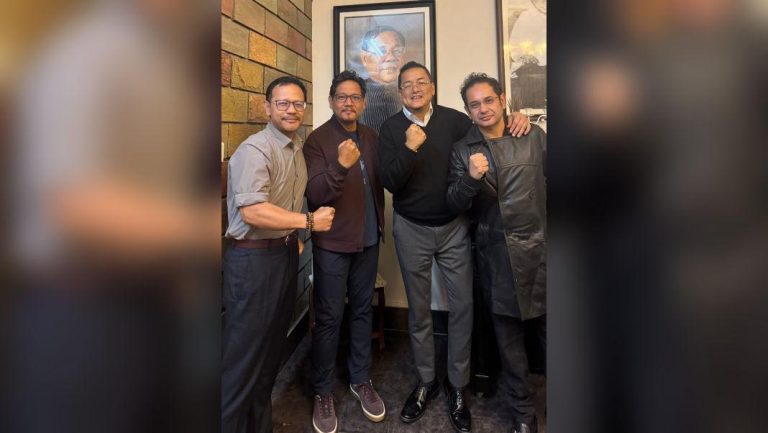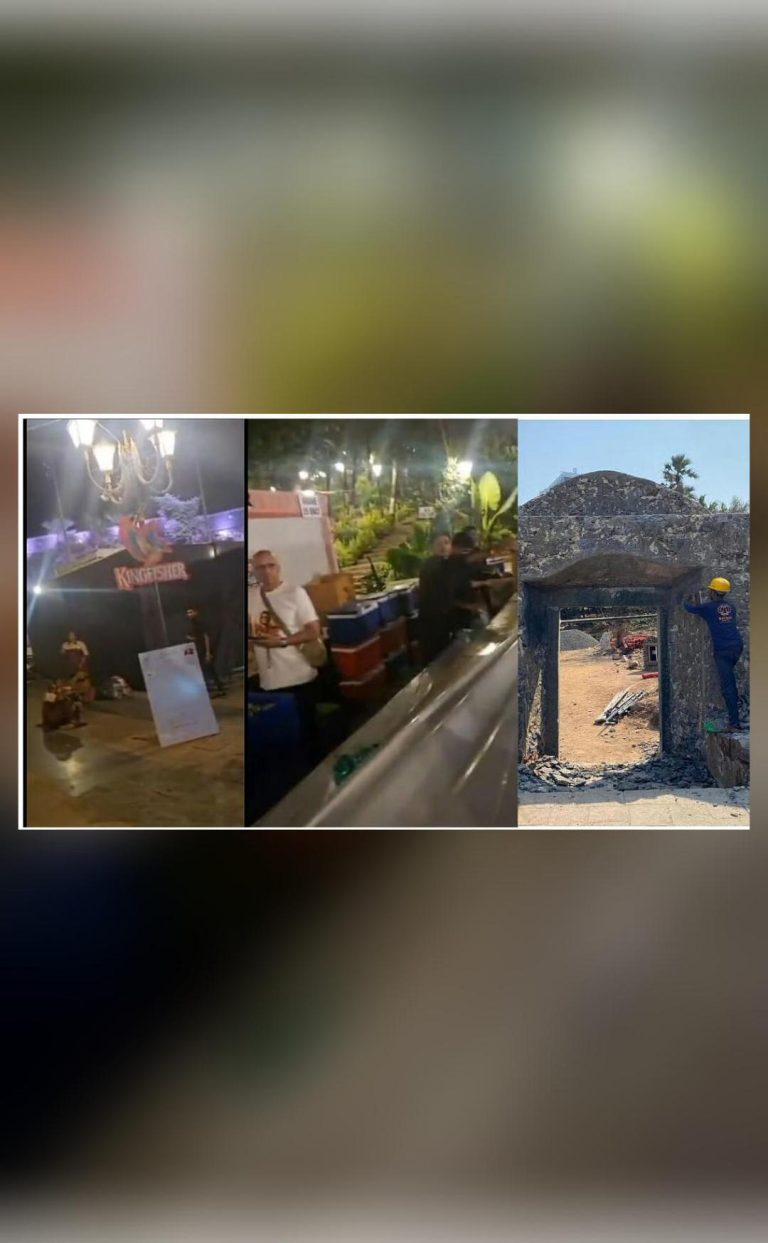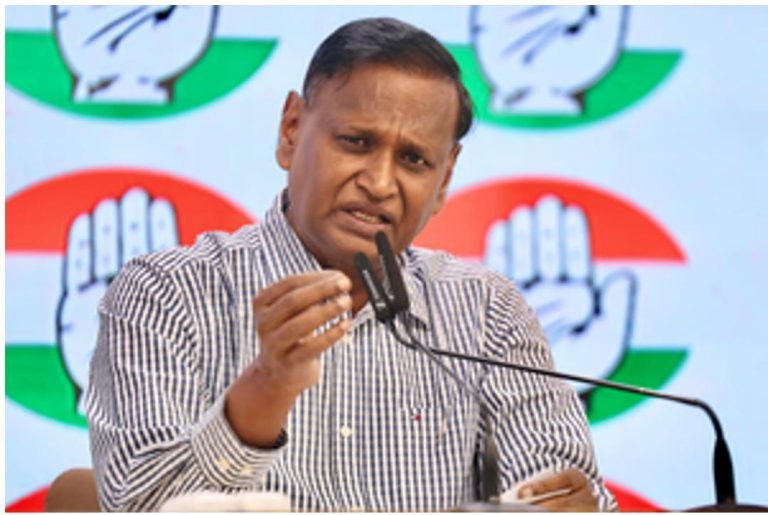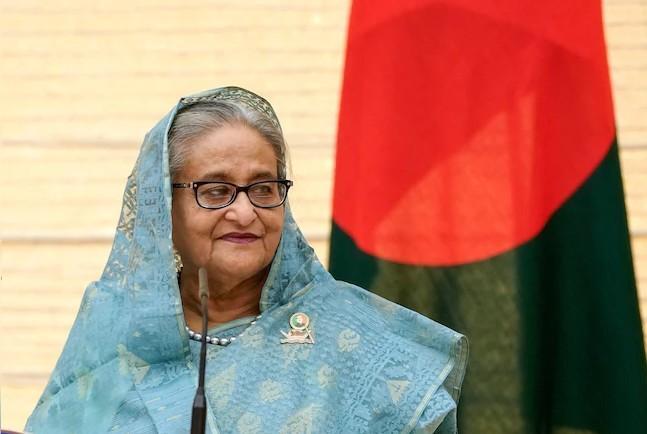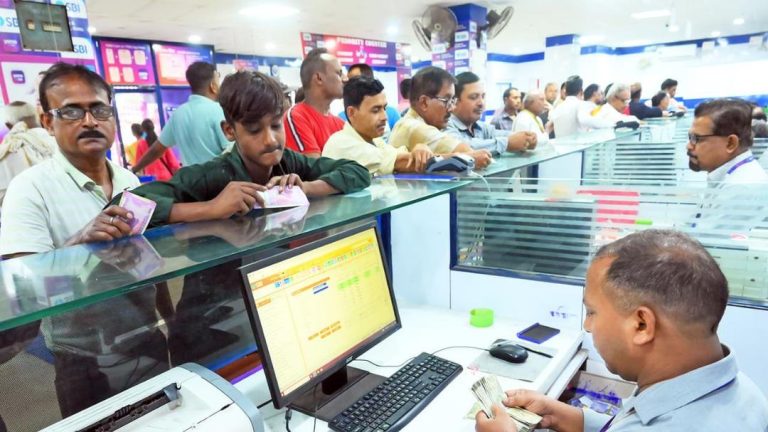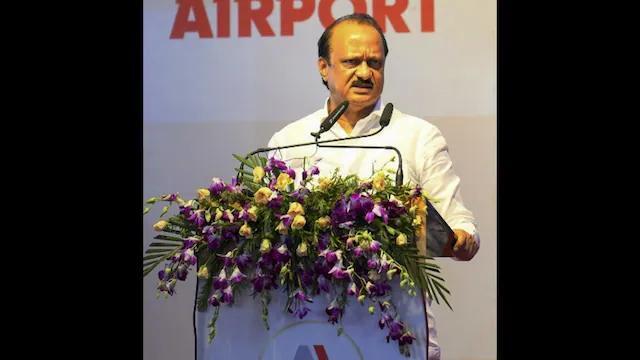
Politely Say ‘We Do Not Know Marathi, We Are Learning’: Ajit Pawar to Non-Marathi Speakers
In a recent statement that has sparked a heated debate in the state of Maharashtra, Deputy Chief Minister Ajit Pawar urged non-Marathi speakers to politely say they are learning the language to avoid unnecessary conflict. Pawar’s advice comes amid a growing language row in the state, with many questioning the insistence on Marathi as the sole official language.
In a statement that has been widely reported by the media, Pawar said, “If someone doesn’t know Marathi, they should say ‘we are learning’ politely. There is no need for unnecessary conflict.” His statement has been met with mixed reactions, with some supporting his call for courtesy and respect towards the local language, while others have criticized him for downplaying the importance of language diversity in the state.
Pawar’s statement comes in the wake of a series of incidents that have highlighted the tensions between Marathi speakers and those who do not speak the language. In recent months, there have been reports of non-Marathi speakers facing difficulties in accessing government services, finding employment, and even renting homes due to their inability to speak Marathi.
The issue of language has long been a contentious one in Maharashtra, with the state government insisting on Marathi as the sole official language. However, with the state’s diverse population comprising speakers of multiple languages, including Hindi, Urdu, Gujarati, and English, the demand for greater language flexibility has been growing.
While Pawar’s advice to non-Marathi speakers may have been intended to promote harmony and respect for the local language, it has been criticized by some for being patronizing and dismissive of the struggles faced by non-Marathi speakers. Many have argued that instead of simply “learning” Marathi, non-Marathi speakers should be given equal opportunities to access education, employment, and government services in their native language.
In a related development, Chief Minister Devendra Fadnavis has weighed in on the language row, saying that insistence on Marathi is natural and justified, but that respect for other languages should also be shown. Fadnavis’ statement has been seen as a more balanced approach to the issue, acknowledging the importance of Marathi as the official language while also recognizing the diversity of languages spoken in the state.
Fadnavis’ statement is significant because it highlights the need for a more nuanced approach to language policy in Maharashtra. While Marathi has a long history and cultural significance in the state, it is not the only language spoken by its residents. In fact, a significant proportion of the state’s population speaks Hindi, Urdu, or other languages as their native language.
In recent years, there has been growing demand for greater language flexibility in Maharashtra, particularly in the fields of education and employment. Many have argued that the state’s education system should offer courses and materials in multiple languages to cater to the diverse needs of its students.
Similarly, in the workplace, many non-Marathi speakers face difficulties in finding employment due to the insistence on Marathi as the primary language of communication. The state government’s refusal to recognize other languages as official languages has been criticized for perpetuating language barriers and limiting opportunities for non-Marathi speakers.
In conclusion, while Pawar’s advice to non-Marathi speakers may have been intended to promote harmony and respect for the local language, it has been criticized for being inadequate and dismissive of the struggles faced by non-Marathi speakers. Instead, a more nuanced approach to language policy is needed, one that recognizes the importance of Marathi as the official language while also acknowledging the diversity of languages spoken in the state.
By offering courses and materials in multiple languages, providing language support services, and recognizing the importance of language diversity, the state government can promote greater harmony and inclusivity in Maharashtra. Ultimately, the key to resolving the language row lies in finding a balance between promoting the official language and respecting the diversity of languages spoken in the state.
